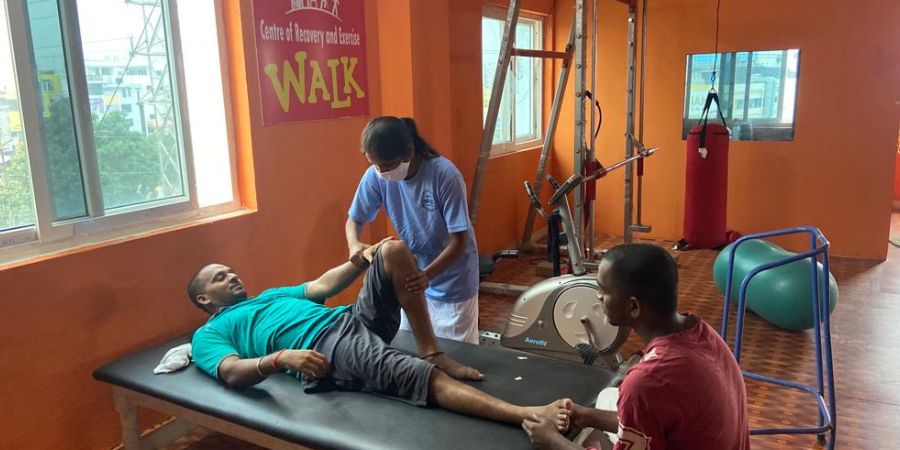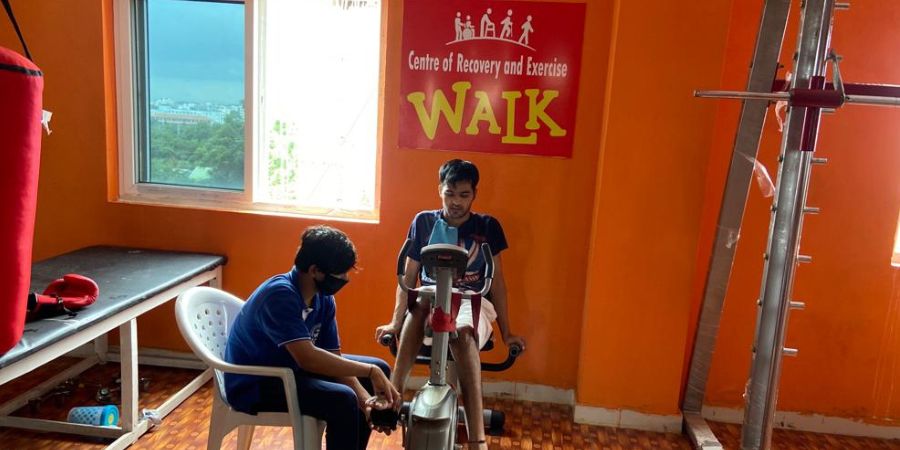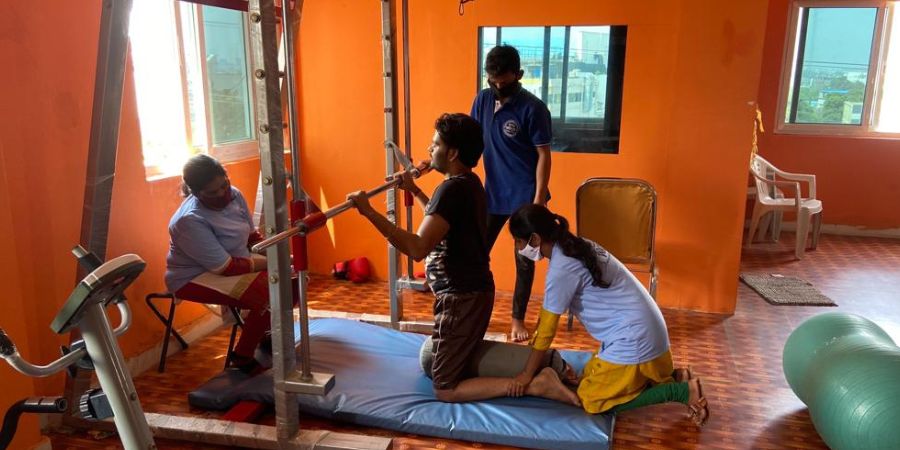Sciatica and Scoliosis
The services for sciatica and scoliosis focus on addressing the specific needs and symptoms associated with each condition:
For Sciatica
- Diagnosis and Evaluation: Accurate diagnosis is crucial, and services begin with a thorough examination and imaging tests to identify the cause of sciatic nerve compression.
- Pain Management: Various methods, including pain medications, anti-inflammatory drugs, and nerve pain medications, are utilized to relieve sciatic pain.
- Physical Therapy: Tailored exercises and stretching routines aim to strengthen the back and core muscles, improve flexibility, and reduce pressure on the sciatic nerve.
- Epidural Steroid Injections: For severe pain, corticosteroid injections may be administered directly into the affected area to reduce inflammation and alleviate symptoms.
For SCOLIOSIS
- Observation and Monitoring: In mild cases, periodic monitoring may be sufficient to track the progression of the spinal curvature and determine if intervention is necessary.
- Bracing: Customized braces are used to slow down the progression of scoliosis in growing children and adolescents.
- Physical Therapy and Exercise: Specially designed exercises help strengthen the spine's supporting muscles and improve posture.
- Surgical Intervention: In severe cases or when scoliosis progresses significantly, corrective surgery may be considered to straighten the spine and stabilize it with implants or rods.




